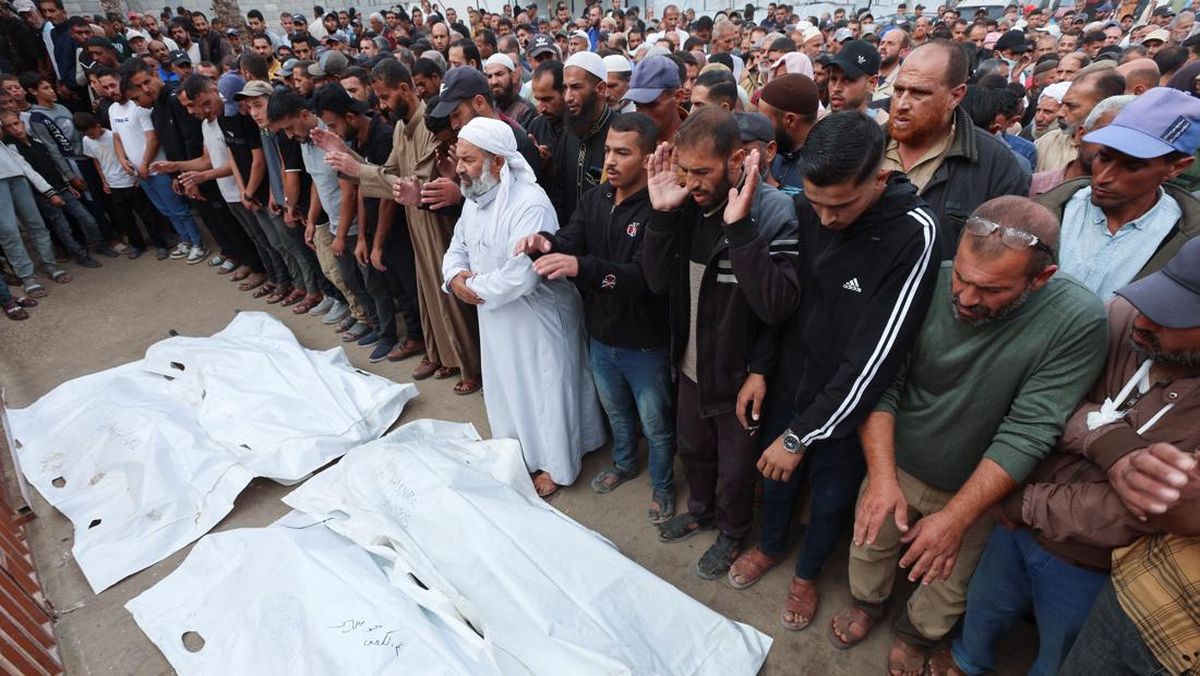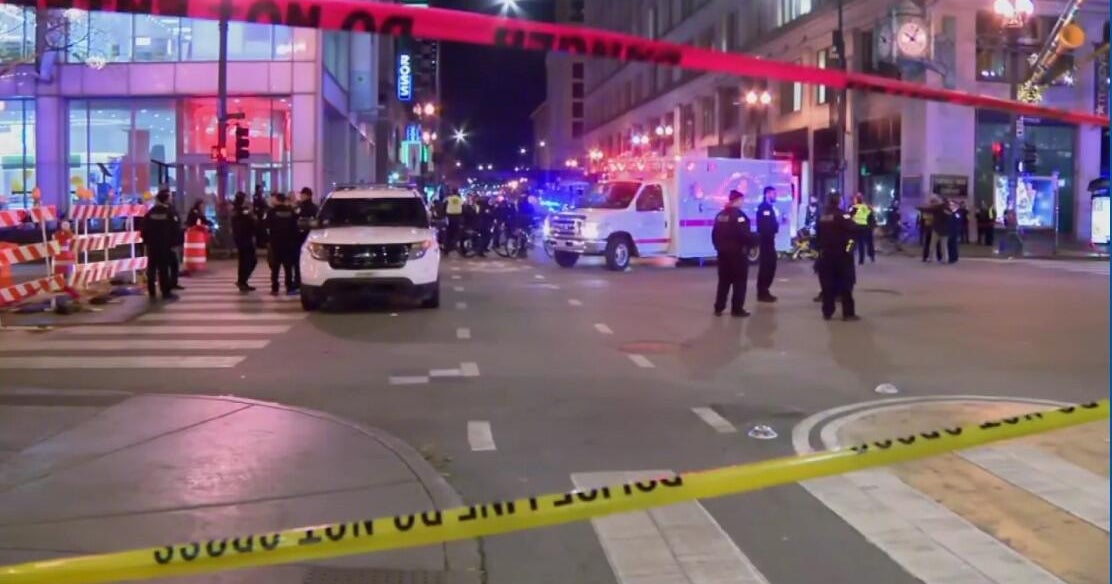The extent of failings by a Queensland forensic testing lab were laid bare yesterday, with the release of a more than 400-page report led by Dr Kirsty Wright.
It detailed the impact DNA testing methods and delays at Forensic Science Queensland has on victims of major crime, including murder and rape.
A victim-survivor who advised the DNA review said delays in receiving forensic results “prolong trauma, disrupts healing, and stalls justice”.
Loading
“In many cases, all other evidence is ready, but tests from [FSQ] hold everything back.”
This was supported by another anonymous rape victim-survivor who said they had been waiting more than 12 months to receive results from a DNA laboratory rape kit collected in April 2024.
“As of today, June 16, 2025, the Queensland Police Service still have not received DNA results for this case or an estimate on when they will,” they wrote.
“The uncertainty — not knowing when or if justice will be done — prevents survivors from healing and moving forward. It constitutes a form of secondary trauma, where the system itself compounds the original harm, keeping survivors stranded in a state of vulnerability and powerlessness.”
The report split the current DNA testing backlog at FSQ across six categories, including historical cases equivalent to at least four years of expected routine workloads, and major and volume crime received from May 2023.
The latter category showed 13,000 samples related to “started cases”; 641 rape kits representing “not started cases”, of which 121 relate to child victims or victims with impairment; 62 cases representing unidentified human remains; and 16 coronial cases.
The report stated the ongoing risk to child victims and victims with impairment involved in rape or sexual assault allegations was “of significant concern” as “these victims are most likely to know their perpetrators, either as carers or having regular contact with them”.
Read more about the report here.


















































